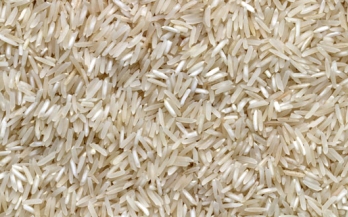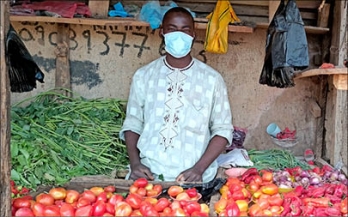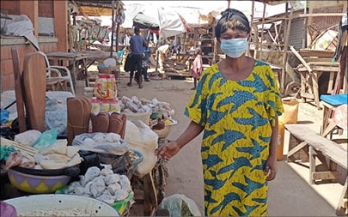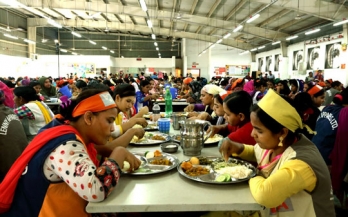- 13/09/2022
GAIN, together with implementing partners along with responsible Brands and Buyers worked collectively with the Government of Bangladesh (GOB)1 to incorporate workforce nutrition programs as a priority.
- 11/07/2022
Micronutrient deficiencies are a public health challenge in Bangladesh. Many children, women, and vulnerable populations are not getting the nutrients they need for proper brain development, immunity, and physical and mental health. Together with diversified diets, large scale food fortification has the potential to make a significant impact on micronutrient deficiency in Bangladesh.
- 11/07/2022
Accelerated digitalization is one of the most significant growth engines for developing nations. With technology driving increased sales and profits globally, a digital quality assurance/quality control (QA/QC) system for food fortification in Bangladesh will open THREE paths to greater efficiency and enhanced financial performance for fortified food producers.
- 11/07/2022
Monitoring the quality of fortified foods has traditionally been a manual, time-consuming process, which relies primarily on sporadic testing once products have reached the market. A partnership of international specialists and experts is working with Bangladesh’s food producers to develop a platform of sensors and software, enabling oversight of the production process and product quality.
- 18/03/2022
Too many people across Bangladesh are living with zinc deficiency. One proven and effective way to tackle this is through scaling up production and consumption of rice biofortified with zinc.
- 10/09/2020
The Commercialisation of Biofortified Crops (CBC) Programme was launched in 2019 to address widespread hidden hunger in Africa and Asia by significantly expanding the reach of foods and food products made with biofortified staple crops.
- 13/09/2021
From October 2020 to December 2021, EatSafe conducted bi-weekly consumer and vendor surveys in traditional markets to assess the functioning of markets and market actors under COVID-19. The resulting Bulletins and Traditional Market Reports present detailed reports on trends in consumer resilience, vendors' business impacts, and food price changes.
- 09/08/2021
Understanding the rapidly changing situation for vendors in traditional markets and the consumers that rely on these markets can provide vital information for determining what is needed to ensure the availability of affordable, safe, nutritious food during the COVID-19 pandemic.
- 09/08/2021
This study aimed to do something that had not been done before: apply business case thinking to worker nutrition programmes in supply chains, using a structured and systematic approach. The study extended the definition of "business case" beyond financial returns on investment to cover a broad range of possible motivations for companies and sectors to invest in nutrition in their supply chains.
- 06/06/2021
The COVID-19 pandemic is a multiplier of vulnerability, compounding threats to food security and nutrition (FSN) while exposing weaknesses in food systems. In response, the Global Alliance for Improved Nutrition (GAIN) developed the Keeping Food Markets Working (KFMW) programme to provide targeted support to help sustain core food systems.









